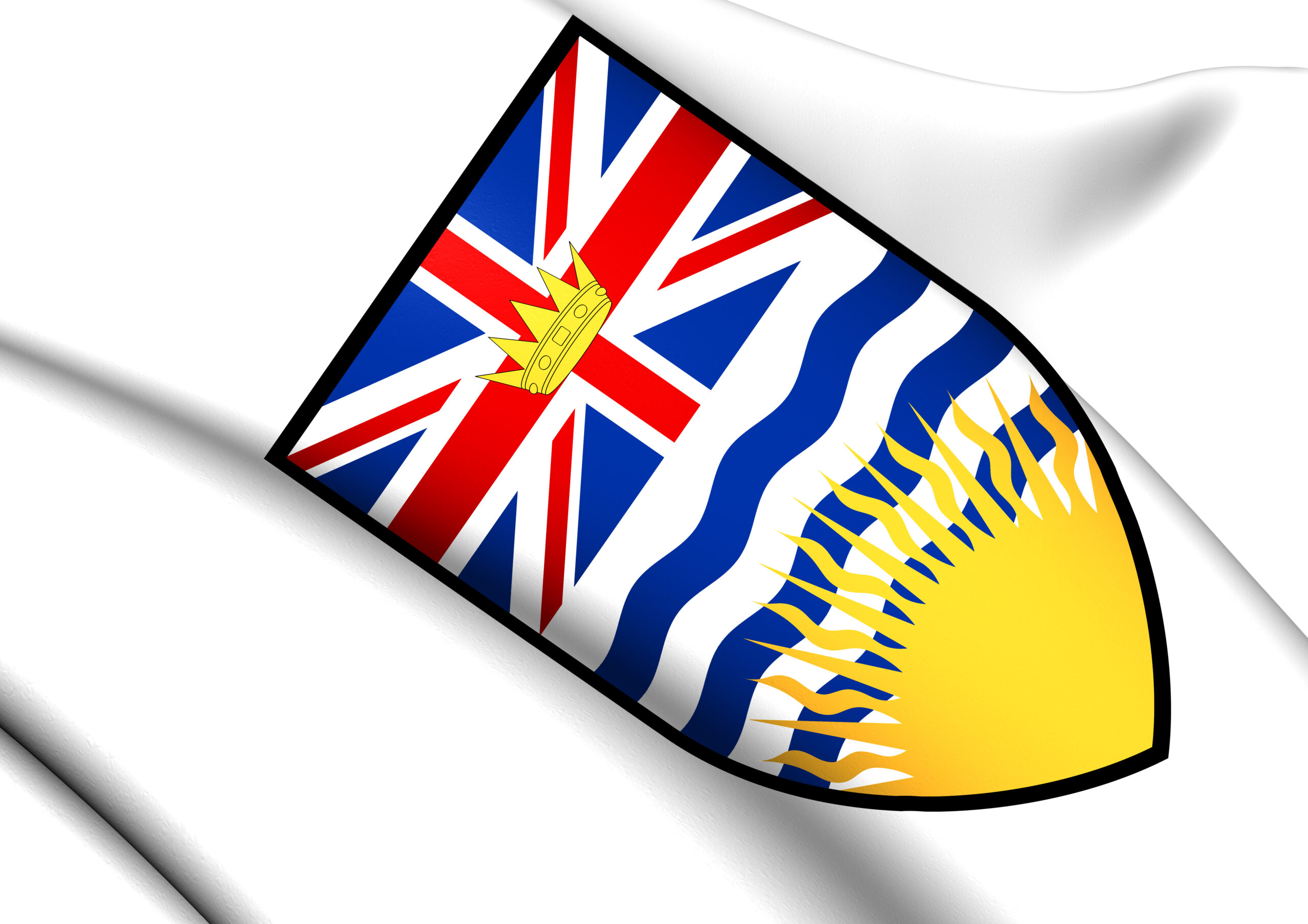BC BASIC SECURITY TRAINING (BST)
295

About this course
Syllabus
Basic Security Training (BST) course is broken down into 7 modules - Sting added a bonus Emergency Response Procedure unit.
Module 1 - Introduction to Security
Introduction to Security
Security is a growing industry all around the world. Police cannot be everywhere, so security is needed in society as well. Private industries everywhere employ security workers to protect their property, people and data. Security workers need to know the laws, cultures and people where they work to be able to provide effective security services for that society. By the end of this module, you will be able to: 1). Follow the process to become a licensed security guard in the province of BC. 2). Know the rules regarding equipment and uniforms under the Security Services Regulation. 3). Follow the behaviours listed in the Code of Conduct under the Security Services Regulation. 4). Describe ethical challenges for security workers. 5). Discuss how security workers use the priciples of equity, diversity and inclusion to guide their interactions with people. 6). Discuss unique rights of Indigenous Peoples. 7). Explain the process of complaints from the public.
Module 2 - The Canadian Legal System
The Canadian Legal System
Canada's legal system governs security workers in the same manner as everyone else. The rights you have as an individual are the same rights you have as a security worker when watching out for people and property. This module will examine those rights, as well as the legal authorities and limitations which you must follow in your work as a security worker. By the end of this module, you will be able to: 1). Explain the difference between public (police) and private (security guard) security. 2). Discuss Canadian human rights, and how sometimes competing rights may conflict. 3). Explain your duty to accommodate a guide dog or service dog on the property. 4). Discuss the purpose of provincial and federal laws relevant to security personnel. 5). Name the three types of offenses in Canada and give examples of each. 6). Explain your legal authority to restrict access, protect property, and to arrest people. 7). Explain the legal consequences for use of unnecessary force and give examples of how courts might interpret a security worker's actions or inactions.
Module 3 - Basic Security Procedures
Basic Security Procedures
Now that you have been introduced to the security industry and to the various pieces of legislation which guide your work, it is time to study how to perform your responsibilities on a day-to-day basis. By the end of this module, you will be able to: 1). Describe basic security procedures, including patrol procedures, observational skills, access control and shift related responsibilities. 2). Identify potential hazards at security sites and venues. 3). Explain the four basic steps for risk assessment, including safely applying force, when conducting an incident response. 4). Discuss why safety is a part of many security procedures.
Module 4 - Communication Skills
Communication Skills
Communication is key to your success as a security worker. Your ability to successfully perform the responsibilities of a security worker depends, in large part, on your communication skills. By the end of this module, you will be able to: 1). Describe effective verbal and non-verbal communication strategies for security workers. 2). identify strategies for effective verbal and non-verbal communication in situations where there are communication barriers. 3). Explain the importance of your appearance, attitude, and methods of communication which are free from bias, discrimination, or harassment. 4). Explain communication best practices when working with a partner. 5). Conduct an effective interview.
Module 5 - Documentation Skills
Documentation Skills
Your primary duties are to observe, report, and deter. Documenting and reporting are important ways you can help gather important facts. By the end of this module, you will be able to: 1). Explain the purposes of note taking and report writing by security personnel. 2). Describe the different types of reports. 3). Describe the legal implications of on-the-job reports. 4). Describe the appropriate content of reports.
Module 6 - Emergency Response Procedures
Emergency Response Procedures
The purpose of Module 6 is to reinforce the key behaviours for security personnel, which are: remain calm to de-escalate the situation, and respond to emergencies with your safety and the safety of others in mind. By the end of this module, you will be able to: 1). Identify the different types of potential emergencies. 2). Describe the elements of emergency response procedures. 3). Explain the roles of a security guard in emergency situations.
Module 7 - Health and Safety
Health and Safety
On the job, your personal safety is most important. By the end of this module, you will be able to: 1). List your rights and responsibilities for workplace health and safety. 2). Discuss strategies for dealing with the effects of shift work.




